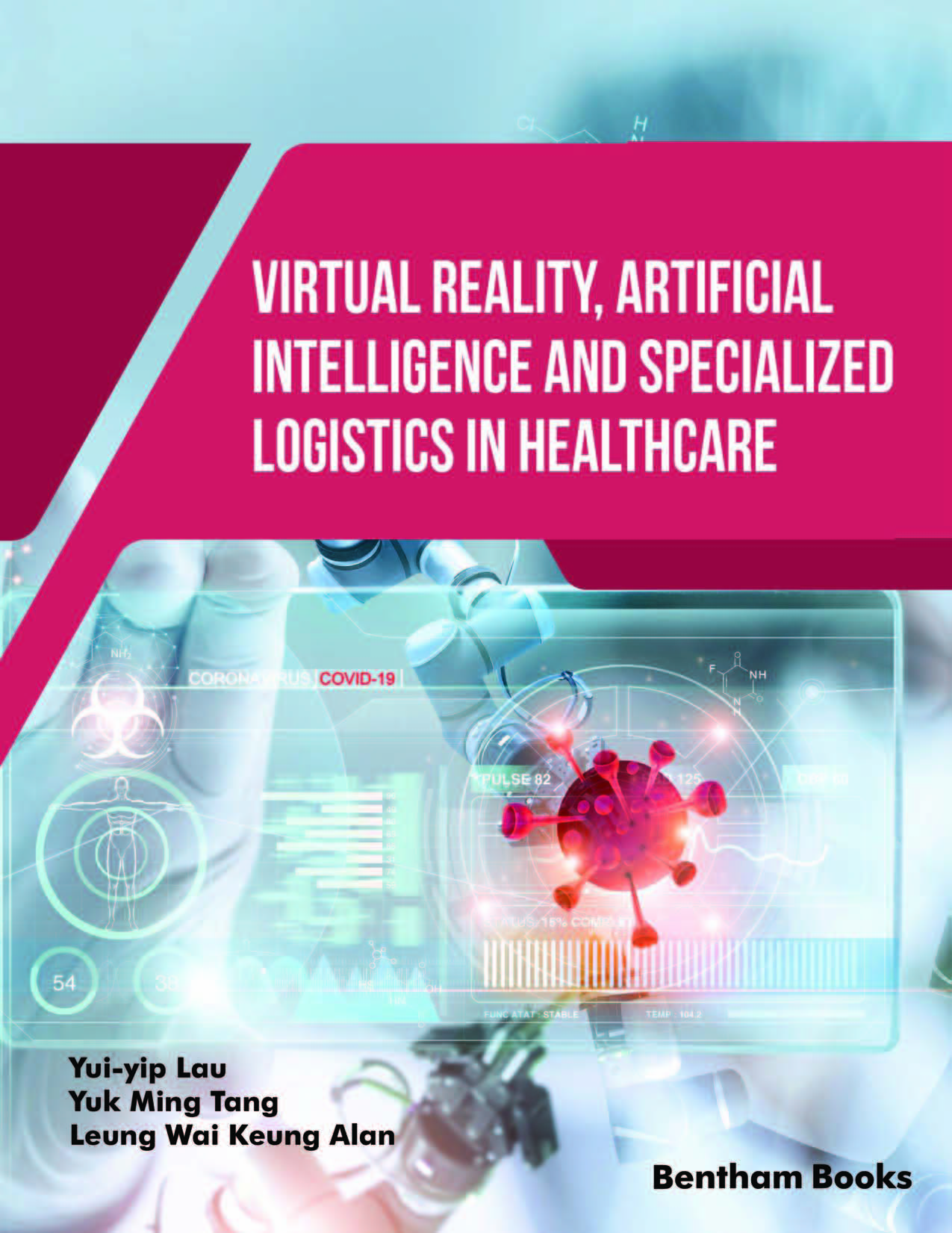Introduction
Virtual Reality, Artificial Intelligence and Specialized Logistics in Healthcare
aims to enrich knowledge and expertise in the field of advanced technologies and specialized logistics within the healthcare industry. A key feature of the book is the focus on mitigating the effects of epidemics such as COVID-19.
The book offers a comprehensive understanding of these topics across nine chapters. The initial chapters, 1 and 2, meticulously delve into the state-of-the-art advancements in healthcare research. This section focuses on advances in immersive technologies (such as VR and AR), and internet of Things for digital healthcare services.
Chapters 3 and 4 cover specialized logistics, providing an in-depth exploration of funeral logistics and vaccine supply chains, respectively. The next chapter provides case-studies on community level anti-epidemic measures,
Chapters 6, 7, and 8 concentrate on pertinent issues concerning the elderly population. Topics in this section include elderly care home surveys. the utilization of modern mobile applications tailored for the elderly, and a comprehensive narrative review of mobile technology from the perspective of the elderly.
Lastly, Chapter 9 culminates the exploration by addressing the adoption of macro business simulation in healthcare products. Leveraging illustrative examples such as hand sanitizers, this chapter offers valuable insights into healthcare product adoption.
In essence, this book serves as a resource for policymakers, researchers, students, and industrial practitioners. References and summaries make this an indispensable guide for those seeking to navigate and comprehend the ever-evolving healthcare and supply chain industry.
Readership
Policymakers in healthcare; researchers in healthcare and technology; students in healthcare and technology studies; industrial practitioners in business logistics, healthcare and digital transformation.

